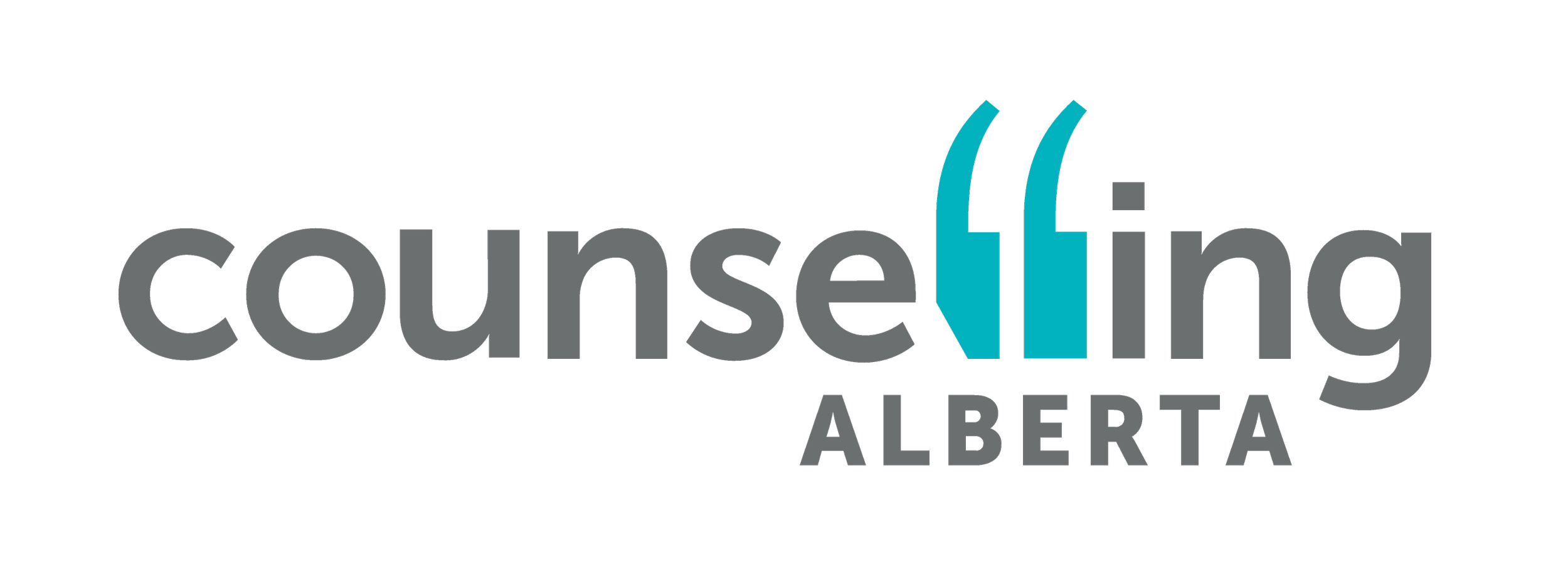How to deal with anger
Anger is a natural emotion that everyone experiences. But as a man, societal expectations, misconceptions, and stigma often send the message that you need to bottle up your emotions and deal with them alone. But suppressing those feelings can lead to unhealthy coping mechanisms like turning to alcohol or other substances, or negative patterns of behaviour such as lashing out at loved ones or withdrawing completely from the people and activities you care about. But anger isn’t something to fear or avoid, if you understand where it’s coming from, you can manage it in healthy ways.
Understanding anger: it’s more than just frustration
If you find yourself feeling angry a lot of the time, it’s important to ask yourself where the anger is coming from. Anger is rarely just about being upset. Often, it’s the first or most noticeable emotion you feel, but there’s usually more to it like stress, guilt, or fear. For example, you may find yourself feeling angry when bills start piling up and financial pressures set in, or when you’re trying to parent your child after a long stressful day at work, and when you’ve gotten into an argument with your partner and haven’t been able to resolve it- these can all trigger feelings of anger. Recognizing these underlying emotions, whether that’s fear, shame, worry, etc., and noticing when there’s a pattern, can be the first step toward constructively managing anger.
Healthy vs. harmful expressions of anger
It’s okay to feel angry. But feeling angry is different than acting angry. The behaviours and ways you express your anger should be mindful of how it affects yourself and those around you.
Healthy expressions of anger might include:
Acknowledging your emotions without shame
Having open, respectful conversations about what’s bothering you
Using physical activity or relaxation techniques to release tension
Harmful anger, on the other hand, can include:
Yelling
Aggressive or violent behaviour
Shutting down entirely
These responses can hurt relationships, create guilt, and worsen your mental health over time.
Practical tips for managing anger
Managing anger starts with awareness and self-regulation. Here are some strategies to help:
Address anger early: Don’t wait until you’re at a breaking point. Talk about what’s bothering you as soon as possible.
Take time-outs: If you find yourself in a tense conversation, step away when you feel overwhelmed or worked up. A few minutes to breathe can prevent escalation, just make sure you come back to the conversation once you’ve had a chance to calm down.
Focus on what you can control: While you can’t always control the situation, you can manage your reactions and the things you say.
Shift your perspective: Ask yourself, “Will this matter in five minutes, five days, or five years?”
Healthy ways to communicate anger
How you express anger can make or break a conversation. Here’s some tips to do it constructively:
Use “I” statements: For example, rather than placing the blame on others and saying “you make me feel...” say instead “I feel frustrated when…”
Pick the right time and place: Avoid tackling tough conversations when you’re tired, stressed, or you’re around other people who don’t need to be involved.
Be clear and concise: Focus on specific issues that are bothering you right now, rather than bringing up unrelated or past frustrations.
Why opening up about anger matters
Many men hesitate to talk about their anger out of fear of judgment or rejection. But starting these conversations can be a powerful step toward breaking down barriers and improving your mental health. Whether it’s with a trusted friend, family member, or partner, sharing how you feel can help you process emotions and find solutions.
Not sure where to start? Choose someone you trust and be deliberate about the time and place. Imagine this: if a loved one approached you wanting to share their feelings, even if you didn’t have all the answers, would you turn them away? Probably not—you’d likely do your best to support them in that moment. Similarly, reaching out for support can make a big difference. However, not everyone may be equipped to offer ongoing or constructive help. That’s where counselling can provide the guidance and understanding you need.
How counselling can help
Counselling provides a safe, judgment-free space to explore what you’re feeling, understand your triggers, and develop healthy and effective coping strategies. In counselling, you can:
Gain validation: It’s okay to feel the way you do, and you’re not alone. Your experiences are more common than you think.
Learn practical tools: Develop techniques and strategies to manage anger before it escalates.
Find relief: Talking through your emotions can bring clarity and reduce stress.
If anger has been affecting your life, consider reaching out for help. The first step is often the hardest and takes a lot of strength, but it’s also the most rewarding. At Counselling Alberta, we’re here to provide you with the right tools so that you can feel your best for yourself and the people you love. Visit our website to learn more about our services and how we can help.
Information for this blog was provided by registered psychologist, Joel Zimmerman.



